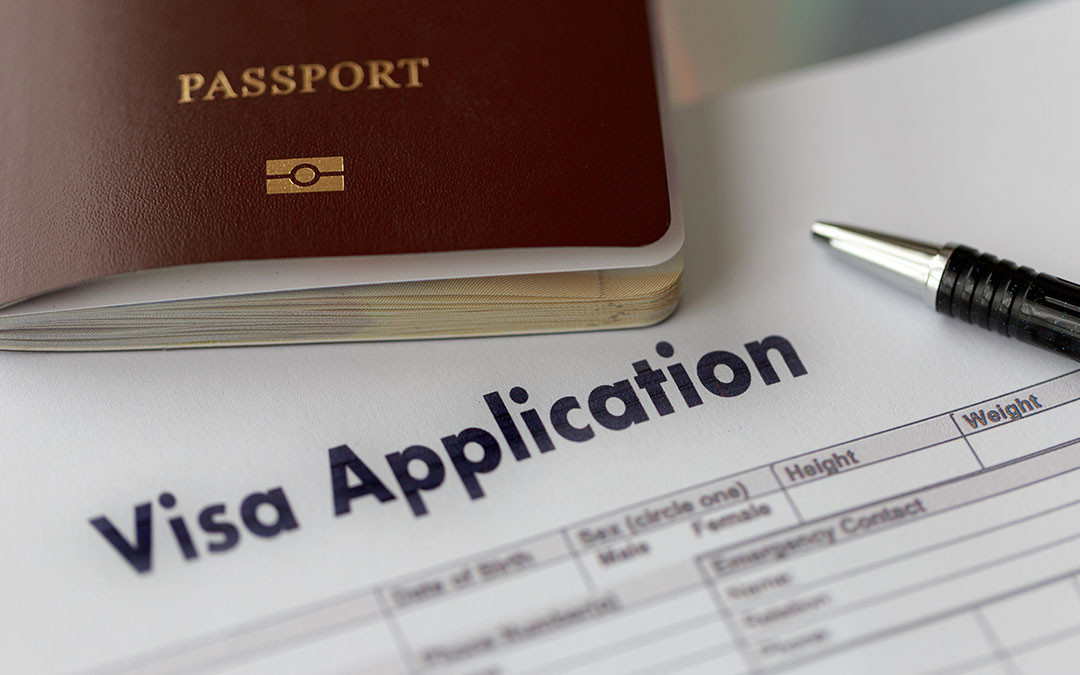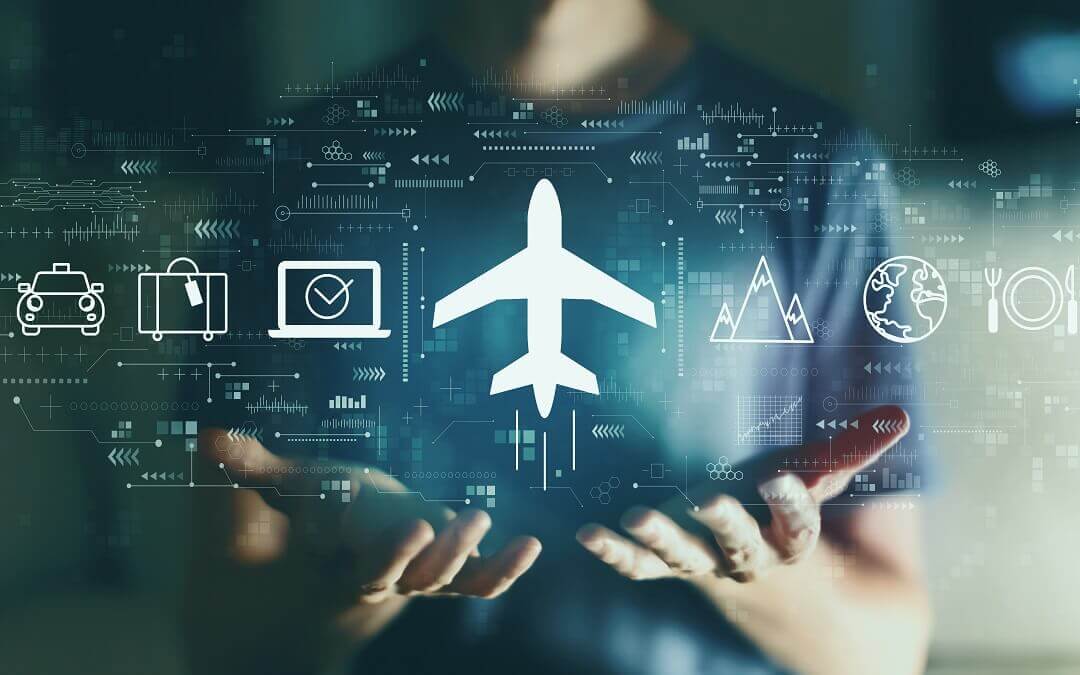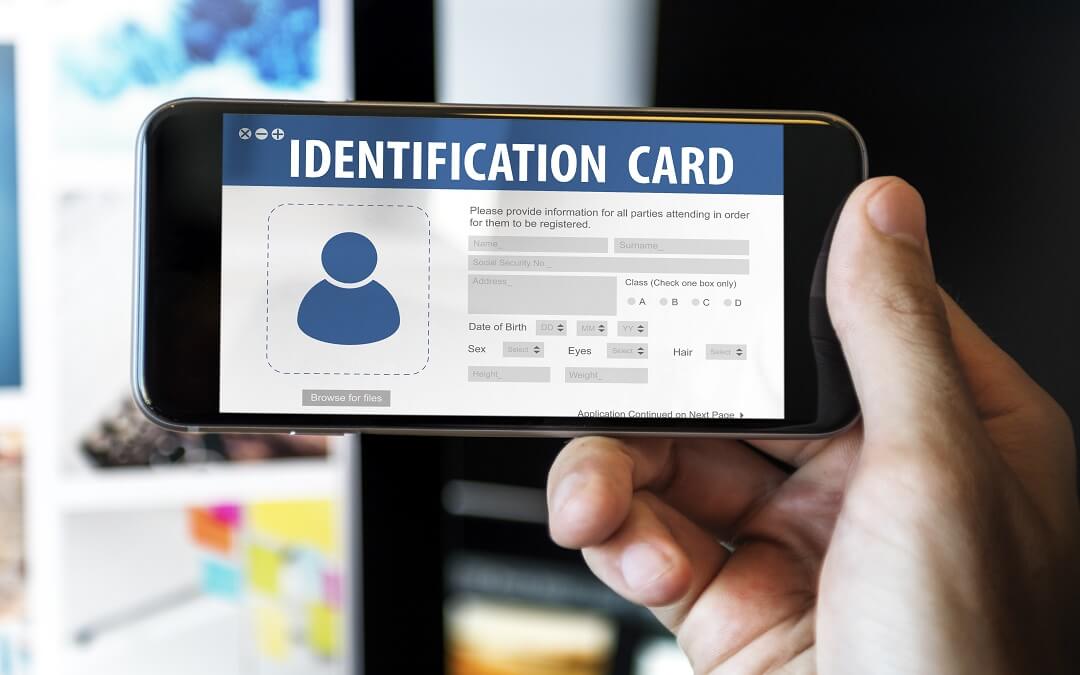- Technology
- Uploaded In: 2025
Transforming visa guidance 24/7 with AI-powered assistance
The way people move across borders is undergoing a fundamental shift. Travel today is not only about leisure or work, it has become a lifeline for education, enterprise, and even family connections. For governments, this movement of people represents opportunity, responsibility, and a need for trust at scale. For travellers, it is about confidence that their journeys will be smooth, secure, and predictable. This dual responsibility is reshaping the way visa services are designed and delivered.
Technology plays a pivotal role in meeting these expectations and has become a core part of the process. Intelligent automation, advanced analytics, and user-friendly digital platforms are no longer “add-ons” but essential building blocks of modern mobility. Taking the case of India, 84% of travellers already feel confident using AI tools for planning and booking their trips, according to a Skyscanner report — signalling a readiness to embrace the same transformation in their visa journeys. From faster decision-making to better fraud detection, AI is redefining what governments, service providers, and travellers can expect from the visa experience.
The rise of intelligent, secure workflows
The traditional visa application process has long been a patchwork of manual checks, document submissions, and in-person verifications. Today, AI-driven document recognition, biometric authentication, and predictive analytics are streamlining these workflows to unprecedented levels. Optical Character Recognition (OCR) paired with machine learning can now extract and verify data from passports and supporting documents in seconds, while computer vision systems detect anomalies or potential tampering far more accurately than the human eye.
Crucially, this is not just about speed; it is about security and adaptability. For instance, automated risk-scoring models can adjust in real time based on emerging geopolitical risks or sudden spikes in application volumes. For governments, this means better control and oversight; for applicants, it translates into faster, more transparent outcomes.
This indicates that a subtle but critical shift is occurring wherein the visa process is no longer a static, linear path but an evolving and responsive ecosystem.
Human-centric digital transformation
Even with advanced automation, human experience remains at the heart of the transformation. Visa processes are often high-stakes moments in an applicant’s life, tied to family reunions, education, or business opportunities. This calls for technology that doesn’t just work for people but works with them. Conversational AI interfaces, for example, are making application guidance more intuitive, answering queries in simple language while adapting to the user’s context. Mobile-first platforms are ensuring that applicants in both urban and remote regions can access services without infrastructure barriers.
VFS Global has been an early mover in integrating these capabilities, offering services like remote biometric enrolment, doorstep visa application processing, and pioneering AI-powered responsible Virtual Assistant in the industry, without playing any role in the visa decision-making process, which is handled solely by the government. While these innovations may seem like convenience add-ons, they represent a fundamental shift towards inclusivity, extending secure and compliant services to demographics previously underserved by centralised application centres.
The next frontier: predictive, seamless mobility
The next wave of transformation will move beyond digitising existing steps to predicting and pre-empting them altogether. Imagine an ecosystem where pre-travel authorisations, security checks, and even personalised travel advisories are completed in the background before a traveller even books a ticket. This will require tighter integration between border agencies, airlines, and visa service providers, with secure data-sharing frameworks at the core.
Blockchain-based identity credentials could allow travellers to securely store and share verified information with multiple jurisdictions without repetitive form-filling. Real-time analytics on travel patterns could help governments manage border flows more efficiently, while offering applicants a near-frictionless experience. The key challenge will be building these systems with ethical AI principles, transparent governance, and respect for data privacy, ensuring that the drive for efficiency never undermines public trust.
The digital reinvention of visa services is no longer a matter of “if” but “how well.” By blending automation with empathy, security with speed, and innovation with inclusivity, the industry can deliver an experience that meets the needs of a borderless world while respecting the realities of a regulated one. The leaders who succeed will be those who understand that in the digital age, the true competitive advantage lies in earning and keeping trust.
If you have any feedback on this article or would like to reach out to our team to know more, please email us at
communications@vfsglobal.com














